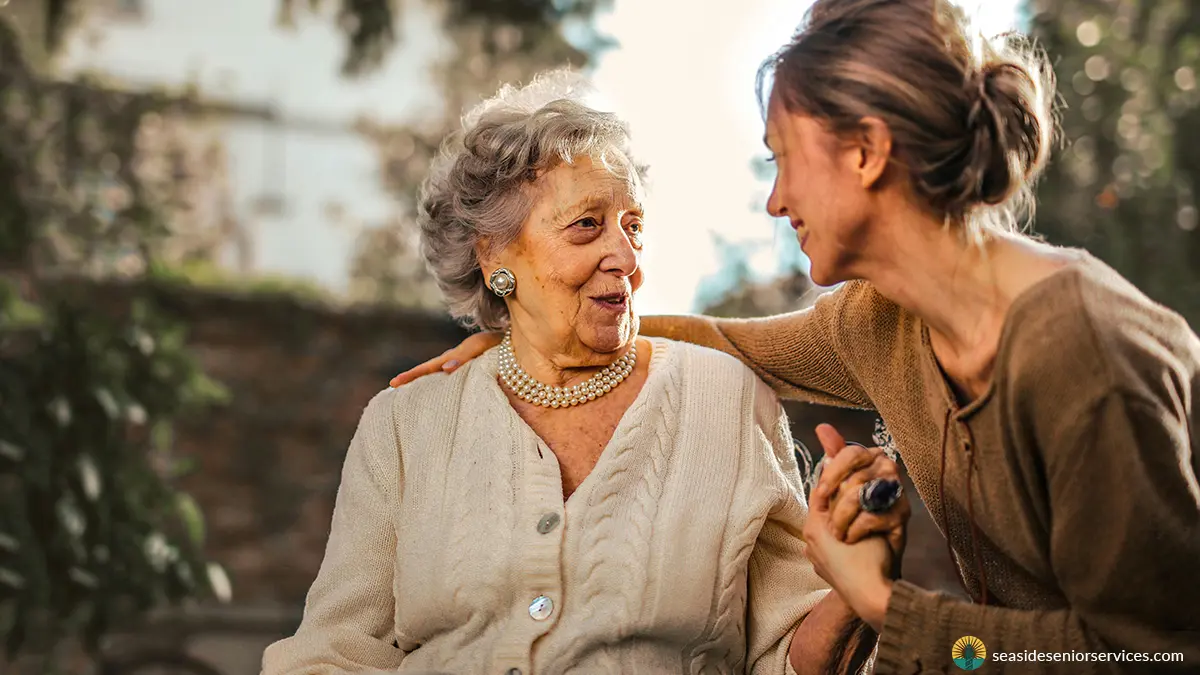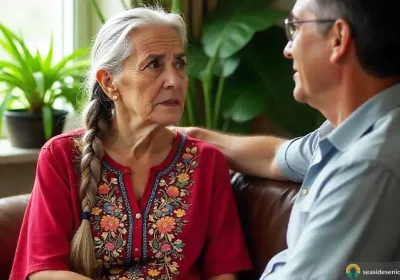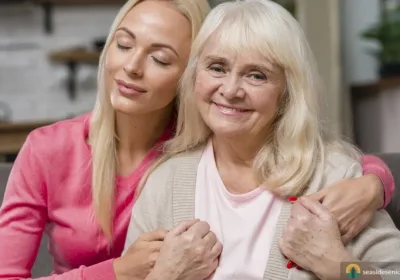Navigating the Emotions of Family Caregiving

Family caregiving is one of the most meaningful yet emotionally demanding roles a person can take on. Whether you’re caring for an aging parent, a spouse, or another loved one, the experience often brings a mix of love, stress, guilt, and fulfillment. Learning how to manage these complex emotions is essential to maintaining both your well-being and your ability to provide compassionate care. This is what navigating family caregiving truly involves; balancing empathy for your loved one with care for yourself.
Navigating Family Caregiving
The emotional journey of caregiving is rarely linear. Some days may feel rewarding, while others can be overwhelming. In fact, caregivers often experience guilt for feeling like they’re not doing enough. Feeling grief for the gradual changes in a person they once knew differently. There are also feelings of love and gratitude for the moments of connection that make it all worthwhile. So, recognizing these emotions without judgment is the first step in navigating family caregiving with resilience and compassion.
Common emotional challenges can include:
1. Burnout and Fatigue
Continuous caregiving can lead to emotional and physical exhaustion. It’s important to recognize signs of burnout. For example, irritability, sadness, or chronic tiredness, and take action early.
2. Role Reversal
Caring for a parent or older relative can feel unsettling, especially when family roles shift. This transition can stir feelings of sadness or loss as you adapt to new responsibilities.
3. Isolation and Loneliness
Caregiving often limits social interaction, leading to feelings of isolation. Staying connected through support groups, friends, or online communities can help combat loneliness.
Strategies for Emotional Balance
Because you can’t do everything, set realistic expectations by your limits and seek help when needed—from siblings, professional caregivers, or community programs. Taking care of yourself helps you better care for your loved one. So, regular exercise, good nutrition, and rest are essential. Even short breaks can recharge your energy and perspective.
Knowing when you need help and finding emotional support is crucial. For example, talking to a therapist, joining a caregiver support group, or confiding in a trusted friend can provide relief and insight.
Don’t forget to celebrate the small wins. Celebrating and recognizing the small moments of success or connection can help keep you grounded.
Finding Meaning in the Caregiving Journey
While the challenges of caregiving are undeniable, many caregivers also discover deep personal growth through the experience. They learn patience, empathy, and a renewed appreciation for life’s simple moments. By focusing on both the struggles and the rewards, you can find a sense of purpose in navigating family caregiving with heart and hope.
How Professional In-Home Caregivers Can Help
Caregiving is not just about tending to someone else’s needs. It’s also a journey of emotional self-discovery. By acknowledging your feelings, setting boundaries, and seeking support, you can navigate the ups and downs with strength and compassion. Remember, navigating family caregiving is about balance; caring for your loved one while also caring for yourself.
Seaside Senior Services offers many flexible options, including:
- Companion care: A friendly face and helping hands to share in your loved one’s hobbies, attend social outings, and enjoy conversation to stave off loneliness.
- Personal care: Day-to-day support like bathing and dressing assistance, meal preparation, and medication reminders.
- Respite care: Schedule a few hours of short-term caregiving relief when you need time to recharge or handle other responsibilities.
- Support for complex needs: In-home, non-medical care for seniors with Alzheimer’s, dementia, or end-of-life care
Family caregiving is a journey marked by highs and lows, moments of connection, and periods of exhaustion. By creating space for all your emotions and seeking support when needed, you can continue to care for your loved one and yourself from a place of strength and love.
Contact your nearest Seaside Senior Services home care for a free, no-obligation consultation.
Related Posts
Caring for a loved one can be incredibly rewarding—but it…
Caring for an aging parent can be both rewarding and…
When selecting support for a loved one, the desire to…
Caring for a loved one is one of the most…






